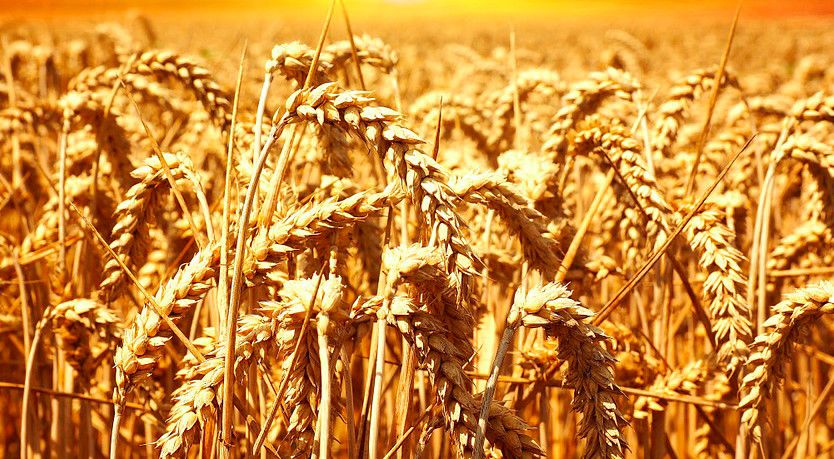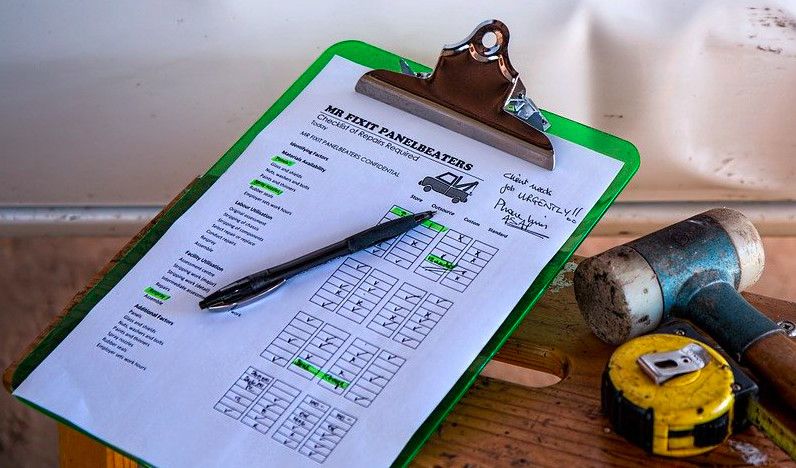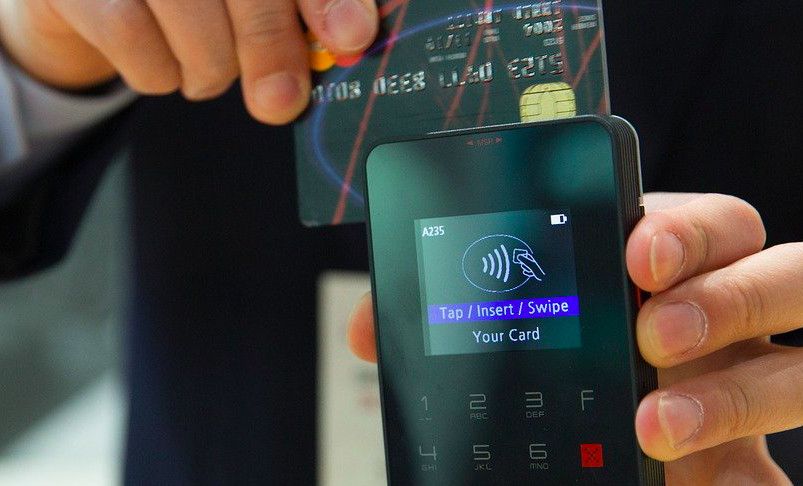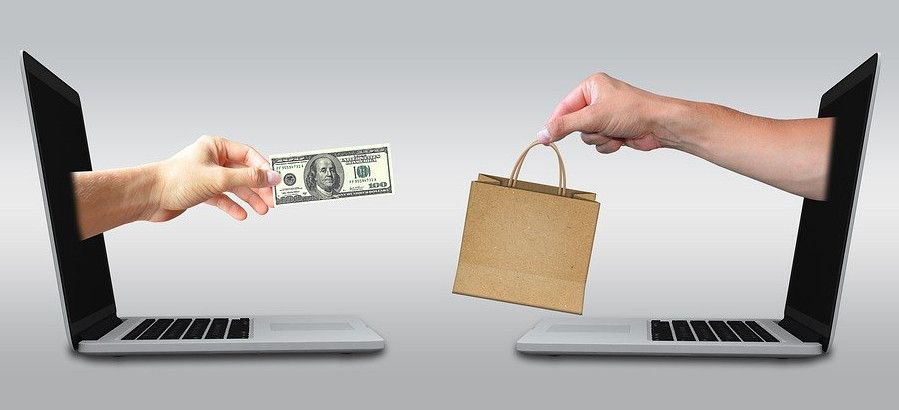Getting started with blockchain | What can blockchain do in agriculture?
Author: Wayne
Source: Vernacular Blockchain
Today, the application of blockchain technology in multiple industries is no longer news. We can see that the blockchain has begun to affect the financial industry, hotel industry, healthcare, real estate, logistics, online advertising, etc. But did you know that this revolutionary technology can also change agriculture?
Yes, if applied correctly, blockchain can bring real value to farmers. Today, let's take a look at which aspects of blockchain in the agricultural field can play a significant role.
- In Africa, I see the future of digital assets
- Ethereum token evolution: how will it develop in the future?
- Yesterday, 340,000 ETH on the Upbit exchange was stolen, but this server was attacked …
01 Better Traceability in the Crop Supply Chain

First, blockchain technology can improve the traceability of crops and provide better results.
Using the blockchain ledger, we can understand all the status of the crops from planting to delivery, and each information will be safe and available in real time. Just as today's consumers are more interested in organic foods, if information about the supply chain involved in these foods can be provided, the likelihood of meeting consumers' expectations is even higher.
In traditional supply chains, retailers have no effective way to ensure that all products are grown under specified conditions. Now, retail giants such as Wal-Mart, Unilever and Carrefour have adopted blockchain to track the origin of food. Origin.
With this revolutionary technology, the process of product certification will be faster. Taking Wal-Mart as an example, it took nearly a week to track the origin of mangoes. Through the blockchain, this time was reduced to only 2 seconds.
02 Internet of Things and Quality Control

Monitoring the quality of crops from harvest to delivery has always been a difficult task. This is a huge challenge for farmers and growers around the world.
The good news is that the power of blockchain technology can be used in this regard. IBM is already developing the Internet of Things to enable growers to monitor soil quality, irrigation, and pests in a precise and efficient manner, and to use sensors to track the quality of crops stored over time. Of course, the ultimate goal of these applications is to automate and digitize everything related to record keeping and quality control.
03 Crop Insurance

In the agricultural field, smart contracts have a unique implementation that can help farmers insure crops and file claims with insurance companies. In the past, this was a painful, slow, and burdensome process for both growers and the companies that provided them with insurance.
Unpredictable weather anomalies make it difficult to correctly estimate and quickly report the exact damage they cause. This leaves room for fraud and makes the process a nightmare for operations.
By establishing a tailor-made smart blockchain contract, damage claims can be triggered by changing weather conditions that meet specific conditions, thereby simplifying the process for farmers and insurance companies.
04 Logistics and Payment

With smart contracts, farmers will get rid of the restrictions of multiple intermediaries. When farmers know that the product will be delivered to end users in good condition, they will be more relaxed.
More importantly, smart contracts can eliminate unnecessary delays and ensure that farmers receive their income on time by providing their products. Even better, the solution can be configured to pay farmers throughout the year, rather than seasonally.
05 transactions

The blockchain in agriculture has a unique positioning, which can not only simplify the transaction process, but also provide a fair competition environment for small-scale farmers and crop growers, especially farmers in poor areas.
It is estimated that $ 940 billion worth of food is wasted every year worldwide. This is partly due to the fact that farmers and growers in less developed countries do not always have access to a broad market, which prevents them from selling all the food produced.
By providing access to a proprietary blockchain-based platform for small businesses, you can buy and sell agricultural products and build trust between market participants. Another benefit brought by blockchain is that agricultural producers are able to set prices more effectively and efficiently so that they can manage their output to match demand for products.
06 Conclusion
These are just some of the applications of blockchain technology in agriculture. From harvesting to storage, to delivery, blockchain will greatly affect the entire agricultural industry. Let's wait and see, waiting for the great results of blockchain technology in the agricultural field.
What areas do you think blockchain technology can be applied to? Welcome to share your views in the message area.
——End——
"Disclaimer : This series of content is only for the introduction of blockchain science popularization, and does not constitute any investment opinions or suggestions. If there are any mistakes, please leave a message to point out. Article copyright and final interpretation rights belong to the vernacular blockchain. A
We will continue to update Blocking; if you have any questions or suggestions, please contact us!
Was this article helpful?
93 out of 132 found this helpful
Related articles
- Former Director of the Central Bank on Digital Currency, Blockchain Application and Fintech Development
- Opinion: "Patent thinking" may destroy China's blockchain industry, and open source is the trend
- Ethereum Foundation: What is Phase 0 of Ethereum 2.0?
- Large-scale innovation of open financial applications on Ethereum, how does each application build this ecological space?
- Twitter CEO Jack Dorsey: Bitcoin's future will be in Africa
- Blockchain domain names: simpler, say goodbye to complex addresses
- QKL123 market analysis | Featured indicators show that Bitcoin price is undervalued (1128)






